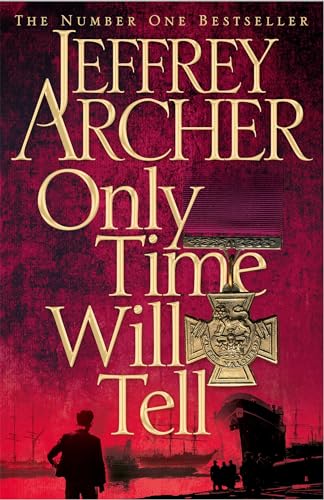

They were older and bigger, and used to thump me if I got in their way. One or two other boys from my school also used to hang around the docks, but I kept my distance from them. I was good at making up stories, but it wasn't long before she discovered that was all they were: stories. On the way home, I would tell her everything I'd done at school that day. I made sure I was always back at the school gates when she returned to pick me up in the afternoon. Once Mum had dropped me off each morning, I would hang around in the yard until she was out of sight, then slope off to the docks. I didn't realize Mum had other plans for my future, which didn't include joining Uncle Stan in the shipyard. What was the point of school when I could learn all I needed to at the docks? I wouldn't have bothered to go back the following day if my mother hadn't dragged me to the front gates, deposited me and returned at four o'clock that afternoon to take me home. I was sent to Merrywood Elementary when I was six and I thought it was a complete waste of time. I always wanted to help my uncle Stan unload whatever ship had docked that morning, but he just laughed, saying, "All in good time, my lad." It couldn't be soon enough for me, but, without any warning, school got in the way. Once the holds had been emptied, the dockers would load them with salt, apples, tin, even coal (my least favorite, because it was an obvious clue to what I'd been doing all day and annoyed my mother), before they set off again to I knew not where. Cargo ships coming from distant lands and unloading their wares: rice, sugar, bananas, jute and many other things I'd never heard of. Every day I spent at the dockyard was an adventure. When he left of a morning I would often follow him to the city docks, where he worked. The only other man I can remember was my uncle Stan, who used to sit at the top of the table at breakfast time.

My grandpa rarely offered an opinion on anything, but then he was deaf as a post so he might not have heard the question in the first place. Grandma said my dad had been a brave man, and once when we were alone in the house she showed me his medals. Whenever I questioned my mother about his death, she didn't say any more than that he'd served with the Royal Gloucestershire Regiment and had been killed fighting on the Western Front only days before the Armistice was signed. I was told my father was killed in the war.


 0 kommentar(er)
0 kommentar(er)
